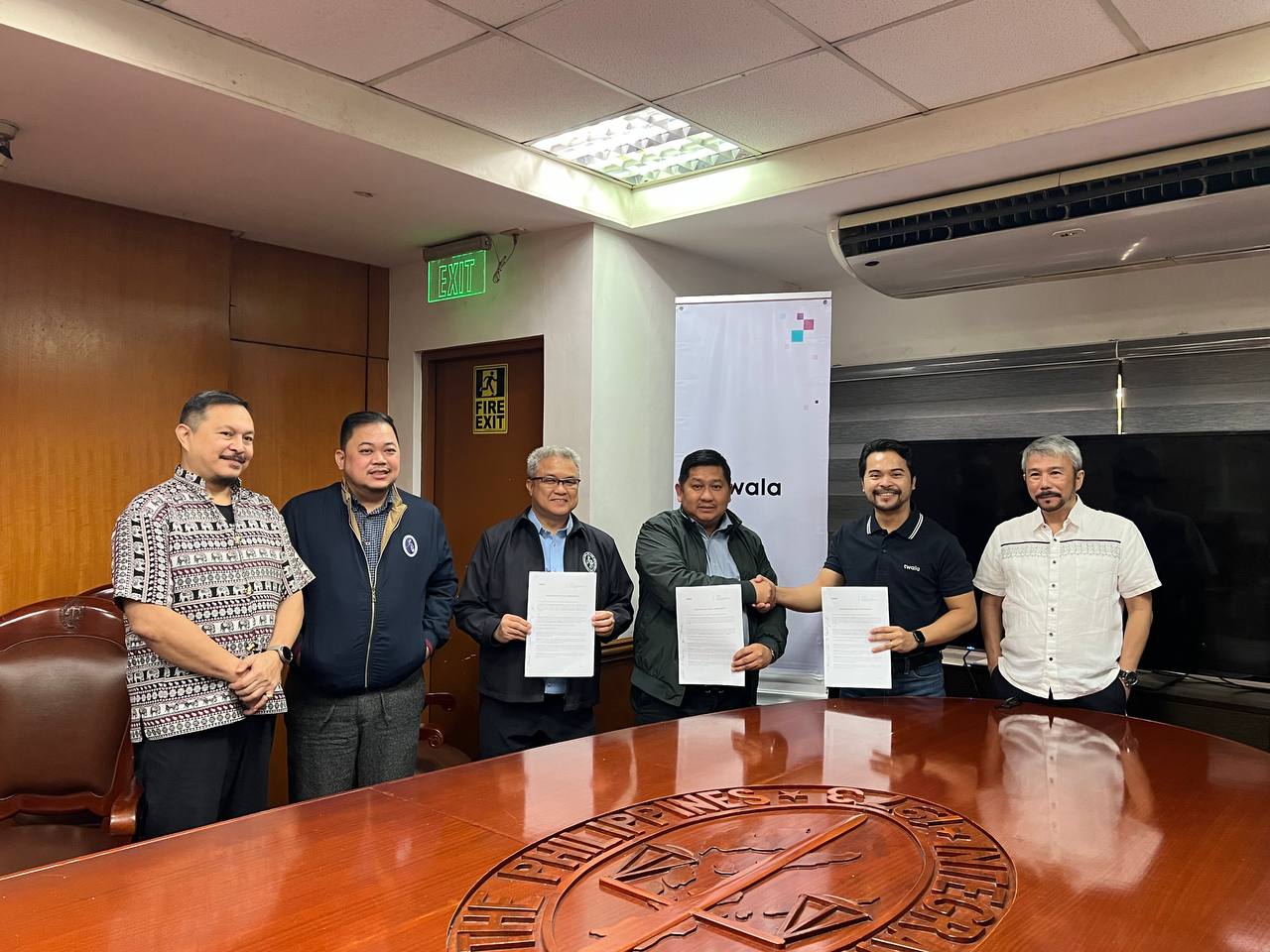The rise of e-commerce in the Philippines has introduced new challenges, particularly the risk of online fraud. As businesses increasingly rely on digital transactions, ensuring secure and trustworthy interactions has become essential. Digital signatures have emerged as a key tool for addressing these concerns, helping to reduce fraud and build trust in the digital economy. By ensuring document integrity and verifying identities, digital signatures enhance security in contracts, payments, and transactions.
What are Digital Signatures?
Digital signatures are a form of electronic signature that uses cryptographic technology to verify documents and ensure they haven’t been tampered with. Unlike traditional signatures, they offer a higher level of security by validating both the identity of the signer and the document's authenticity. These signatures are legally recognized in the Philippines under the Electronic Commerce Act of 2000 (Republic Act No. 8792), which supports their use in securing electronic contracts, agreements, and other important documents.
Reducing Fraud in E-Commerce
- Preventing Document Tampering
Digital signatures help prevent document tampering by ensuring that any modification of a document after signing invalidates the signature. This is critical in the Philippine e-commerce sector, where digital contracts between merchants and customers must remain secure and trustworthy. For example, platforms like Lazada and Shopee could use digital signatures to protect agreements with suppliers and customers, ensuring that transaction details remain unchanged and verifiable. - Verifying Signer Identity
In the Philippines, where digital wallets like GCash and Maya are widely used, verifying the identity of signers is crucial to preventing fraud. Digital signatures could potentially be linked to the Philippine Identification System (PhilSys), offering a unified and secure method of identity verification. With PhilSys integration, digital signatures could ensure that only verified individuals are able to authorize transactions, reducing the risk of unauthorized transactions and identity theft. This system would help bolster confidence in e-commerce by providing a government-backed framework for identity security. - Securing Online Payments
As cashless transactions become more common in the Philippines, ensuring the security of online payments is more important than ever. Digital signatures offer a critical layer of protection by encrypting transaction data and ensuring that only authorized parties can access or modify it. Many financial institutions have already begun implementing digital signatures to secure online transfers, particularly for corporate clients and high-value transactions. These measures help reduce the risk of fraud, such as unauthorized wire transfers, which can compromise the security of the financial system.
Case Study: Potential Fraud Reduction in Philippine E-Commerce
While specific case studies on digital signatures in Philippine e-commerce are still emerging, digital signatures have demonstrated their effectiveness in reducing fraud across other global platforms. Hypothetically, if Philippine e-commerce platforms like Lazada, Shoppe, and Zalora were to implement digital signatures, they could significantly reduce instances of chargeback fraud, where customers falsely dispute transactions. By verifying customer identities before finalizing orders and protecting contracts with vendors, digital signatures could lead to a considerable drop in fraudulent activities, enhancing both security and consumer trust.
The Future of Digital Signatures in the Philippines
The future of digital signatures in the Philippines is closely tied to the country’s ongoing digital transformation efforts. With the implementation of the PhilSys national ID system, digital signatures could become even more widely adopted across various sectors. The integration of PhilSys with digital signatures would streamline identity verification processes and boost security across online platforms. Furthermore, the government's push for e-governance, such as allowing digital signatures for tax filings with the Bureau of Internal Revenue (BIR), highlights the increasing reliance on secure electronic authentication methods in both the public and private sectors.
Digital signatures are poised to play a crucial role in reducing fraud and securing online transactions in the Philippines. By preventing document tampering, verifying identities through potential integration with PhilSys, and securing online payments, digital signatures can help protect businesses and consumers from fraud. As the adoption of this technology continues to grow, it will be instrumental in fostering trust and ensuring the integrity of transactions in the Philippine digital economy.
Businesses that embrace digital signatures will not only protect themselves from fraudulent activities but also create a more secure and reliable online experience for their customers, driving further growth in the nation’s e-commerce sector. Apps like Twala, which offer blockchain-powered digital signatures, represent an example of the innovation within the space, providing businesses with accessible, secure tools to safeguard their digital transactions.



.png)

.png)
